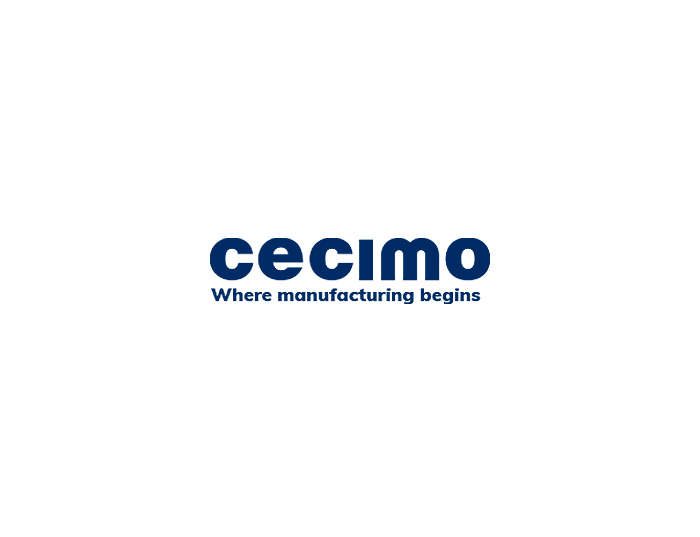CECIMO participates in the expert workshop on skills for the high-tech economy, 22/09/2016, Brussels

CECIMO participated in the expert workshop on skills for the high-tech economy organised by DG GROW to present a best practice case from the European machine tool industry. Representatives from initiatives and multi-stakeholder partnerships which have been identified as best practices in Europe were taking part in the workshop. This workshop, the third in a series of four, provided an opportunity for the invited experts to discuss the currents situation, latest and future developments and provide their views and visions as to the future and necessary (policy) actions.
Mr Emir Demircan, CECIMO EU Public Affairs Manager, presented CECIMO’s EU-funded skills initiative, 3DPRISM, during the meeting. He stated the following: “The European machine tool industry invests in new technologies that are shaping the future of the manufacturing sector. An instrumental pillar of this technology move is making sure that the workforce is educated on the latest innovations and possesses the applied skills-set supporting the uptake of new manufacturing systems.” The development of new skills aligned with emerging technologies is, however, not commonly offered by education and training programmes in Europe, so the industry has to take the responsibility for organizing training programs. Under this light, CECIMO and its partners launched a new initiative that aims at providing advanced manufacturers with the sought-after applied skills in the area of 3D printing. Coordinated by the AMRC Training Centre, University of Sheffield, the initiative, 3DPRISM – 3D Printing Skills for Manufacturing, is a three-year project that was inaugurated under the EU’s Erasmus+ Programme, in December 2015.
The project’s first step was for CECIMO and its partners to gather information on the new skills needed to operate and maintain metal-based 3D printers. This is an important task for the European machine tool industry since companies also train customers on using manufacturing systems and provide extensive maintenance services that require a specific skills set. According to the project findings, based on online surveys and face-to-face interviews with more than 100 industry representatives, subtractive and additive technologies are complementary, since additively-built parts need to receive a final treatment by subtractive machine tools for high precision. This suggests that the current machine tools workforce can adapt to additive technologies by fine-tuning their existing practical skills for a complementary technology, additive manufacturing.
That being said, there are also areas complementary to the operation of machines where special training programmes are required for the workforce dealing with additive technologies. These are the issues surrounding health and safety as well as the maintenance of AM systems. In fact, the industry experts contacted by the 3DPRISM partnership say that finding trained workforce with the competences required for a safe additive manufacturing working environment is a challenging issue. Using and maintaining AM systems safely require specific competences including material (e.g. metal powder) handling and storage, disposal of waste and utilization of personal protection equipment. For example, AM systems need regular maintenance by a technician from the vendor company to prevent potential machine break-down and this service can be only delivered by competent personnel who is trained on AM safety. In parallel to such findings, the 3DPRISM consortium expects to find what will be the specific training and expertise needs of the new and upcoming job profiles such as AM health and safety officer, AM powder metallurgist and AM maintenance technician.
In the next months, the 3DPRISM partnership, based on the above-mentioned findings, will design a new training program on 3D printing technologies and gather relevant learning materials which will be available through an e-learning platform for the advanced manufacturing workforce. The project is also expected to provide policy-makers with the sectorial insights they need for designing policies and programmes boosting the competitiveness of European machine tool companies and the employability of its workforce.
For further information on the 3DPRISM project: 
